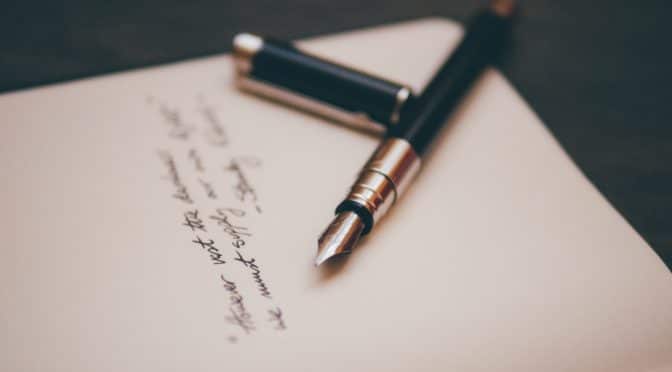Medical school interviews are a crucial step in the admissions process, offering candidates the opportunity to make a lasting imp ression. After the interview, many applicants wonder if they should send a follow-up letter, and the answer is yes. A follow-up letter, whether handwritten or emailed, serves multiple purposes, including demonstrating good manners, refreshing the interviewer’s memory about who you are, and reinforcing why you are a strong fit for their medical school. In this article, we will explore how to craft the perfect follow-up letter for your medical school interview and why it is essential to your success in the admissions process.
Why Write a Follow-up Letter for Medical School Interviews?
A follow-up letter is essential because it shows appreciation for the interviewer’s time and reinforces your interest in their program. Medical school applicants typically attend several interviews at different schools, making it difficult for interviewers to remember every candidate in detail. Sending a thoughtful thank-you note allows you to refresh their memory and highlight key aspects of your interview that may make you a strong contender for admission.
A well-written thank-you letter also conveys professionalism and demonstrates that you understand the importance of good communication in the medical field. It allows applicants to remind the admissions committee why they are a great fit for the school.
Follow-up Letter Format for Medical School Interviews
Today, many applicants choose to send a follow-up letter via email, as it is convenient and fast. However, there is a risk that your email may get lost in the sea of messages that admissions committee members receive daily. An email follow-up letter, while acceptable, may not make as much of an impact as a handwritten note.
A handwritten thank-you note on high-quality stationery or letterhead creates a tangible, memorable document that stands out. Be sure to choose good-quality paper, use a black or blue pen, and write neatly. This old-fashioned yet effective method shows that you went the extra mile to express your gratitude.
How to Personalize Your Medical School Follow-up Letter
One of the most critical aspects of your thank-you letter is making it personal. A generic thank-you note will not have the same impact as one that references specific points from your interview. Personalization helps remind the interviewer of your strengths, experiences, and why you are a good fit for their program.
Here’s an example of what to avoid:
Dear Dr. [Last Name],
Thank you very much for meeting with me on [date]. It was an honor to discuss my career goals with you. I really enjoyed my visit to [School Name] and hope to have the chance to become a student.
Sincerely,
Med School Applicant
This template lacks specific details and could be sent to any interviewer at any medical school. Instead, tailor your letter to reflect aspects of the interview that were unique to your conversation. Mention specific programs or features of the medical school that stood out to you and made you feel that this is the right place for your medical education.
Be Concise in Your Follow-up Letter
Admissions committee members have many responsibilities and often deal with large volumes of communication. As such, it is important to keep your thank-you letter brief and to the point. Aim for a concise letter that can be read in just a couple of minutes.
The purpose of the follow-up letter is not to repeat the details of your personal statement or secondary essays but to reinforce why you are an excellent candidate for the medical school. Highlight key points from the interview and the strengths you bring to their program. This will ensure that the interviewer remembers you for the right reasons.
Compliment the School in Your Follow-up Letter
In your follow-up letter, it’s a good idea to mention what you liked about the medical school. This shows that you’ve taken the time to learn about the institution and that you are genuinely interested in their program. Be sure to mention specific aspects that appealed to you, such as unique programs, opportunities for research, or the school’s approach to clinical training. Complimenting the school in this way demonstrates that you have thought carefully about why this school is a good fit for your medical career.
Remember, admissions committees want to select candidates who are not only qualified but also likely to accept an offer of admission. A well-crafted thank-you letter that shows genuine interest in the school can give you a competitive edge.
Conclusion
In conclusion, writing a thank-you letter after your medical school interview is an essential step in the admissions process. A personalized, well-written follow-up letter reinforces your qualifications, expresses gratitude for the interviewer’s time, and reminds the committee of why you are an excellent candidate for their program. By keeping your letter concise, highlighting specific aspects of your conversation, and complimenting the school, you can leave a positive and lasting impression.
Whether you choose to send your follow-up letter via email or as a handwritten note, make sure to take the time to personalize it and convey your enthusiasm for the medical school. With a thoughtful and professional approach, your follow-up letter can help you stand out in the competitive world of medical school admissions.

